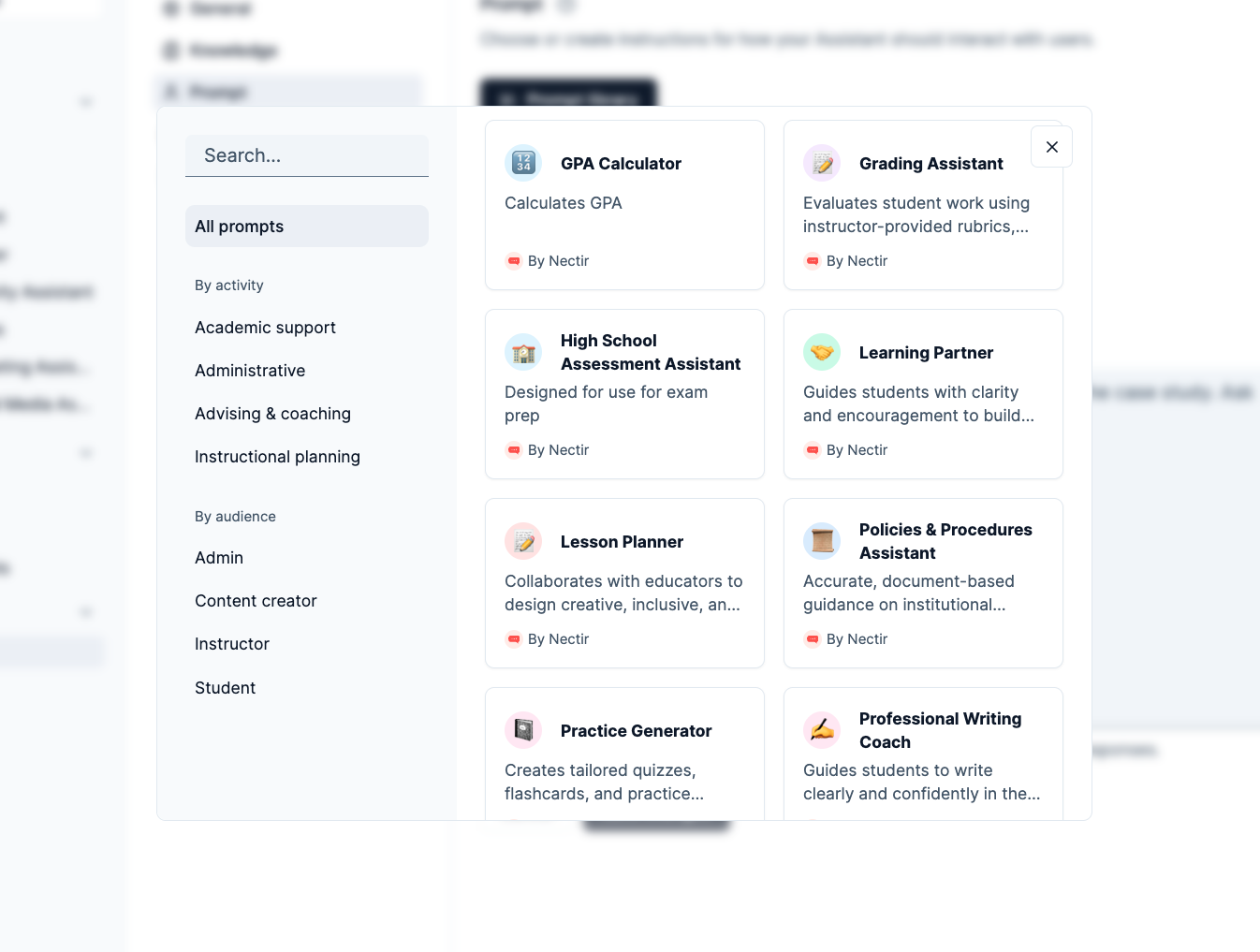How Dialogue-Driven AI Is Shaping the Future of Higher Ed


“Dialogue is the Beating Heart of Education”
When EDUCAUSE calls something a “beating heart” of education, leaders pay attention. In their recent piece, Dialogue at Scale: AI, Soft Skills, and the Future of Assessment, the verdict is clear: if we want universities to survive and thrive in the AI era, we have to put authentic, dialogue-driven learning at the center.
We at Nectir couldn’t agree more. That’s why we’ve made collaboration and learning our entire mission. The future of higher ed isn’t about making assessments harder for AI to “crack.” It’s about reimagining how we engage students and faculty as thinkers, collaborators, and creators.
The Assessment Crisis: Opportunity Hiding in Plain Sight
EDUCAUSE is right; the way we measure learning is at a crossroads. With generative AI, students can now produce essays, code, and even research proposals faster than the time it takes to pack a lunch.
But as the article highlights, this so-called “crisis” is really an extraordinary opportunity. The same technology that lets AI pass tests now gives us something scalable and interactive.
The Rubric Assistant: A New Era for Assessment
At Nectir, we saw this shift coming, which is why we built our Rubric Creator with direct input from educators. Faculty shouldn’t be drowning in spreadsheets, patching together rubrics, or arguing over criteria definitions in endless committee meetings. Our Rubric Assistant can draft, review, or refine rubrics aligned with course outcomes, institutional standards, or accreditation requirements.
That means:
- Instructors can craft or revise assessments with less friction.
- Curriculum committees can ensure consistency and equity across courses.
- Students get transparent, actionable feedback that goes beyond “right” or “wrong.”

From Tutors for the Few to Coaches for Everyone
Benjamin Bloom’s famous “2 sigma problem” has haunted educators for decades: students who receive ongoing, personalized tutoring outperform their classmates, but scaling one-on-one time has long been a pipe dream.
But now, AI agents can engage, probe, role-play, and personalize tutoring at a scale never seen before. At Nectir, our platform delivers that experience 24/7. With Nectir AI, your Assistants can ask follow-up questions, play out alternate scenarios, nudge deeper thinking, and even (dare I say it) make learning fun.
Authentic Evidence: When Dialogue Is the Assessment
One idea in the EDUCAUSE article jumps out: dialogue itself can be the new artifact of learning. Why rely on static essays or timed tests when we can review transcripts of student-agent conversations? These transcripts make student thinking visible, demonstrating learning in action.
Faculty from our partner institutions have shared in Nectir’s monthly community sessions and on public webinars how they’ve folded Nectir AI into their assignments and assessments. Students can download their conversations with Nectir AI Assistants and submit them as a PDF with their assignments. Instructors can review not just for the “right” answer, but also for reasoning, critical thinking, and reflection. Every interaction is evidence of learning.
Democratizing Socratic Learning
Higher ed stands at a decision point. Door number one: chase AI plagiarism, double down on enforcement, and lock digital doors. Door number two: welcome the assessment crisis as fuel for AI transformation and (re)design the learning experience that students and educators deserve.
At Nectir, we’re all-in on door number two.
If you’re ready to explore what a scalable AI solution can do for your campus, it’s time to learn more about Nectir’s approach.
Book a demo with our team to see how systemwide AI can transform teaching, learning, and student success.

